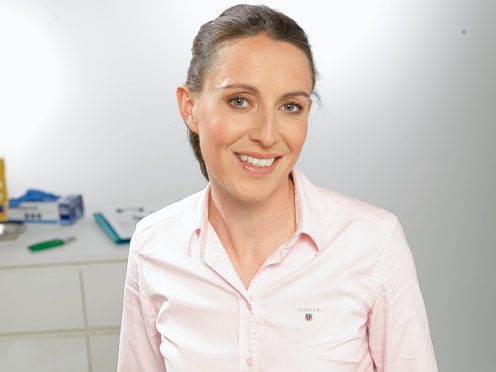The leader of Britain’s vets has called on politicians and policymakers to recognise the contribution of the profession in achieving Scotland’s £2billion agri-food output.
Addressing 100 guests at a dinner in the Scottish Parliament, the British Veterinary Association (BVA) president Gudrun Ravetz said a strong vet workforce was vital to maintaining high welfare and food safety standards.
“Not a penny of Scotland’s £2billion agri-food outputs could be realised without vets; veterinary teams support half of all Scotland’s households, which own pets; and vets are an integral part of the international scientific community which is being put to good use in Scotland’s world-leading veterinary schools and research institutes,” she said.
Mrs Ravetz pointed out that around 50% of vets registering to practise in the UK come from the rest of the EU and reiterated the BVA’s demand in forthcoming Brexit negotiations that Government guarantees working rights for non-British EU vets and vet nurses currently working and studying in the UK.
She pointed out that last year’s Avian Influenza outbreak, which hit a farm near Dunfermline, and others throughout Great Britain, reinforced the need for a robust surveillance system, underpinned by vets’ frontline presence, to protect the health of livestock.
And while she praised some aspects of Scottish Government policy she said the BVA would like to see the tripartite partnership of Government, vets and farmers continue, through the development of control measures for Infectious Bovine Rhinotracheitis (IBR) and Johne’s disease.
Meanwhile an Ayrshire-based vet has been appointed president of the BVA’s Scottish branch.
Melissa Donald, who stepped out of clinical practice last year to focus on running a smallholding in the Ayrshire hills, replaces Grace Webster in the role.
